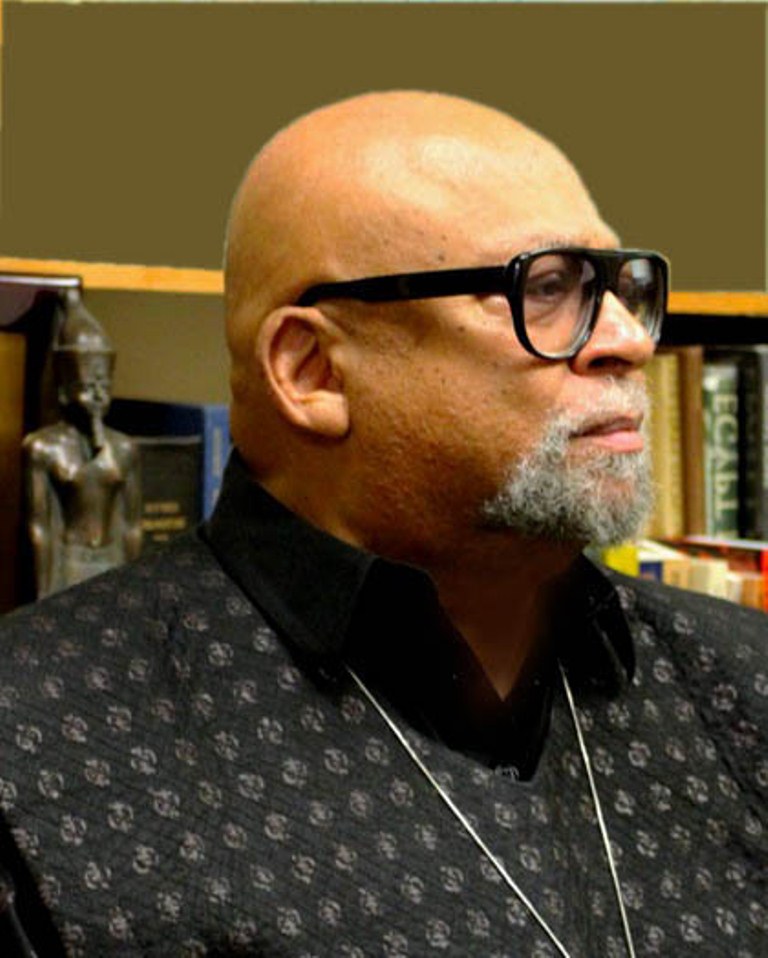
Symbols and Insights of Kwanzaa: Deep Meanings and Expansive Message
Kwanzaa was conceived as a special time and space for celebrating, discussing and meditating on the rich and varied ways of being and becoming African in the world. It invites us all to study continuously its origins, principles and practices and it teaches us, in all modesty, never to claim we know all that is to be known about it or that our explanations are only for those who do not know much about its message and meaning. For each year each of us should read and reread the literature, reflect on the views and values of Kwanzaa and share conversations about how it reaffirms our rootedness in African culture and brings us together all over the world in a unique and special way to celebrate ourselves as African people. One focus for such culturally-grounded conversation is on the deep meanings and message embedded in the symbols of Kwanzaa which are rooted in Kawaida philosophy out of which Kwanzaa and the Nguzo Saba were created. Indeed, each symbol is a source and point of departure for a serious conversation on African views and values and the practices that are rooted in and reflect them.




